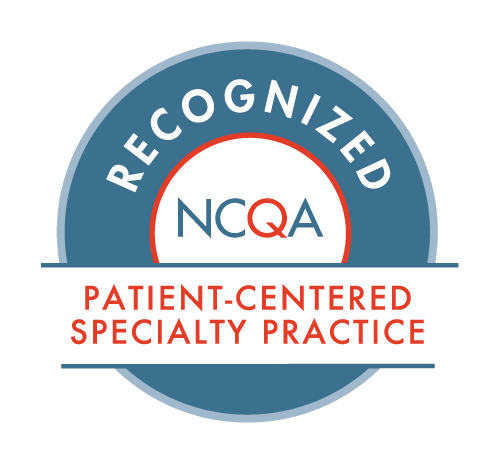When to Consider a CAC Test
- Posted on: Aug 16 2021
Knowing if you have extra calcium in your arteries is an important part of your cardiovascular health. Not only can it identify risks to your heart health, but it can also help you and your doctor effectively plan the appropriate treatments. A coronary artery calcium (CAC) test can help determine whether you are at risk of developing heart-related issues before they happen.
What Is a Coronary Artery Calcium Test?
A CAC test is simply a CAT scan that measures how much calcium build up you have in the walls of the arteries in your heart. The calcium that builds up in the cholesterol plaques is revealed in the images produced by the CAC test.
The amount of calcium present is ranked in what’s called a “calcium score,” with the score being compared to findings in similarly aged people. If you are over 45 and are at a higher risk for heart related issues, you might be a perfect candidate for a CAC test, even if you don’t feel any symptoms.
The Importance of the Calcium Score
Getting tested for your calcium score can be an important first step in taking control of your heart health, as too much calcium in your arteries can lead to serious heart problems.
- Calcium particles can build up in your arteries, depositing themselves in cholesterol plaque.
- Hard plaque can clog your arteries, slowing your blood flow and depriving your body of oxygen. If this plaque breaks open, it can lead to a blood clot which could cause a heart attack.
- Calcium can stiffen the arteries and interfere with the action of the heart valves, causing them to contract or relax incorrectly and hindering the normal pump function.
- Calcium movement can directly impair the contractions and relaxations of the heart, hindering normal pump function, and eventually leading to heart failure.
Receiving your score can help you and your doctor take the next steps for preventative care. The score ranges from zero to over 400, with zero equating to no plaque present. The higher the score, the greater your risk of heart attack or heart failure. Your doctor will help you understand the results of the test and may recommend lifestyle changes to help reduce your risk.
Who Is a Good Candidate for a CAC Test?
If you are between 45 and 70 years old and have an increased risk for heart disease but don’t have symptoms, you might be a candidate for a CAC test. You may be at a higher risk for heart disease if you:
- Have a history of high-cholesterol, high blood pressure, or diabetes
- Are overweight
- Smoke
- Have an inactive lifestyle
- Have a family history of heart disease
- Are less than 45 years old, but have high cholesterol in your family history
If you think you are a good candidate for a CAC test or you want to speak with a cardiologist for concerns about your heart health, contact Hunterdon Cardiovascular Associates to schedule an appointment today.
Posted in: Coronary Artery Calcium Test, Uncategorized



